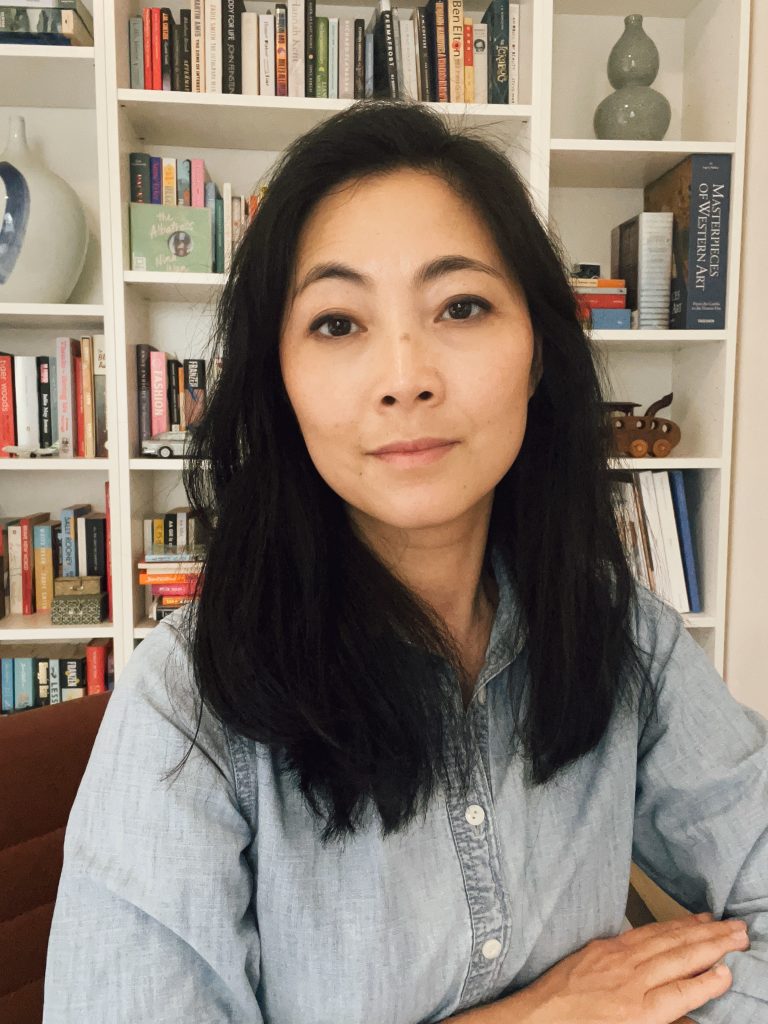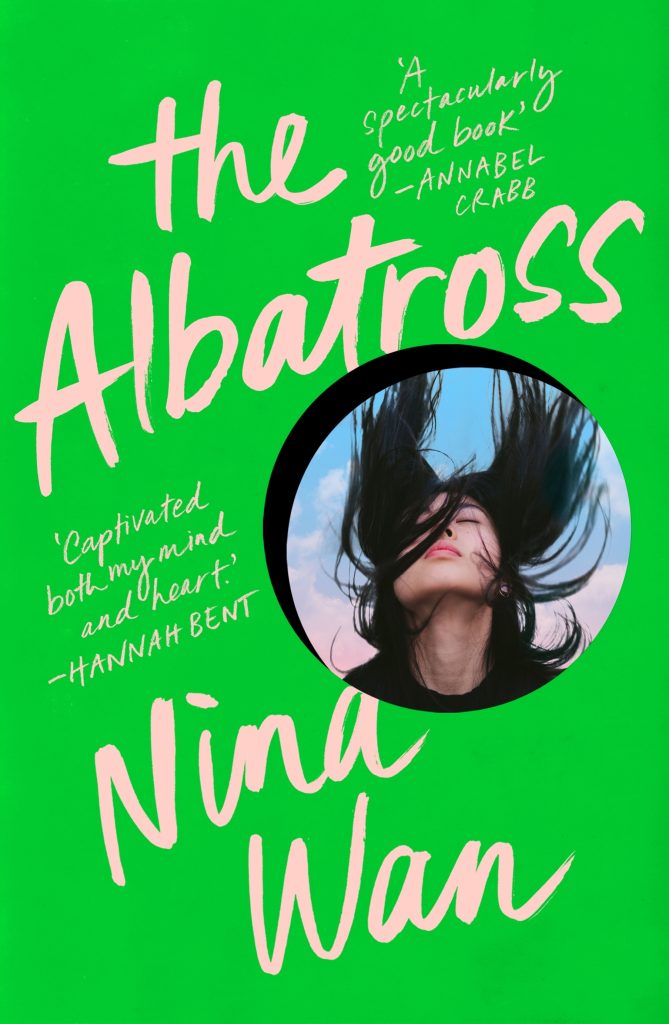Recently I was on a panel at the Berri Writers Festival where the discussion turned on Cyril Connolly’s famous quote, ‘There is no more sombre enemy of good art than the pram in the hall.’ As someone who wrote her first novel, The Albatross, during Covid lockdowns while home-schooling the kids, I had to disagree. My experience has been that the busier you are, the more likely you are to finish writing a book, and this is consistent with that other famous saying, ‘if you want something done, give it to a busy person.’ For whatever reason, I find that much artistic momentum is generated through life’s chaos. And there is no better way to make chaos than to have a couple of children with conflicting school schedules.
Aside from this, that conversation also got me thinking more broadly about the similarities between motherhood and the writing process, and how the two can complement each other in ways which make someone both a better mother and a better writer.
For one, there is no denying that writing is a lot like mothering. It begins with a gestational period during which the idea is inside you, invisible to the outside world but always growing, evolving. It kicks you in the gut from time to time so that you do not forget it is there; it wants to remind you that only you can bring it into form. Then one day you begin to write this idea down and the book is, so to speak, born. But it is only tiny and fragile, a few words or paragraphs, quite incoherent. It needs work – a tremendous amount of work – to develop and thrive. There are anxious days and sleepless nights and many moments in which you doubt your ability to bring it up ‘right’. But your blinding love is what keeps you committed and sane (or insane, depending on which way you look at it).
A book takes time – months, years, decades – to nurture into something you always hoped it would become. It takes not just time, but stamina, grit, faith. Then, much like a child, it starts to look like you, sound like you, be a reflection of you. After all, every word that ends up on the page carries your DNA.
Beyond the parallels there are lessons to be learned and applied. Which brings me to my second point – being a mother has made me a better writer.
In the Before Children phase of my life, I had often attempted to write a novel. I had some vague notion that great novels were written in log cabins warmed by a glowing fire, that perfection came from sweeping tides of inspiration, ten thousand words at a time, no corrections or second drafts needed. That is, in essence, the movie version of how novels are written.
It is no surprise that, because I had such notions in my head, none of my attempts at writing a novel produced much result. I did not truly appreciate the amount of hard work involved, the level of dedication. I did not appreciate this until motherhood beat the laziness out of me.
Motherhood taught me how to function in a fog of sleeplessness, to multitask like a plate spinning acrobat, to execute all of life’s responsibilities while having that pram in the hall. By the time I set out to write The Albatross, with not so much a pram but two growing children in the hall, I no longer had visions of fire-warmed log cabins. I knew by then that, between the school runs and dirty dishes, writing was the hard work on top of all the other hard work that life required of me. And knowing that reframed the idea of writing for me. The process became unromantic, pragmatic, and firmly rooted in reality. It made me work harder at each sentence and paragraph. It made me think harder about my characters and plot, and seek out perfection rather than expect it. It made me a more disciplined writer, and, consequently, a more successful one.
But this relationship between mothering and writing is a two-way street. Which leads me to my final point: being a writer has made me a better mother. This was not apparent to me until recently. Let me explain.
As my children are still some years away from adulthood, I have not yet had to experience what is commonly known as the empty nester syndrome. I have not yet encountered the grief that many parents have felt at seeing their children leave home. At times, I have worried about how I would cope when that day comes; I do not think it will be easy. However, I can say that one thing now bodes well for me: I have had the benefit of a trial run. I am talking, of course, of the publication of my book.
As I have said, the process of writing is much like mothering. To that, I can add: the process of having a book published is much like the empty nester experience. This may well be the hardest part of writing – the part where you have to let go.
Letting go was not exactly at the forefront of my mind as I set out to write The Albatross. Even after the publishing contract had been signed, it had not occurred to me that I was, in any way, loosening my grip on my work. It only hit me when the book was out in the world, sitting in bookshops and airports and libraries, that it had decidedly ‘moved out of home’.
Suddenly, I, the creator, no longer had control. After all the years of toil, my creation had a life of its own. It was being read and interpreted and judged by strangers, none of which required my input. It took me a long time to get comfortable with this new reality, to be able to take my mind off it and redirect my focus to other work. As a somewhat high-strung person, this is no easy feat. But it is a necessity to move on.
I hope this lesson can be applied to the task of mothering in the years to come. Already now, I find that this experience has relaxed me somewhat. I am more willing to give the children room to manoeuvre on their own. My parenting these days is a touch less helicopter and a touch more free range. On the rare occasion, I have been so relaxed as to forget to pack their lunch for school. And, in turn, they have exhibited surprising ability to barter their way out of hunger.
What I am trying to say is that I have gained a little survival skill through my journey as a writer and, as a result, my children have too. And this can only be a good thing when the time comes for them to leave the nest.
Nina Wan is an author and former journalist at The Australian Financial Review. Her novel, The Albatross, tells the story of first love, second chances, and the most elusive shot in golf. The book was selected for Annabel Crabb and Leigh Sales’ inaugural Chat 10 Looks 3 Book Club, and was previously shortlisted for the Victorian Premier’s Literary Award for an unpublished manuscript. Her short story, The Ticket, about a young girl’s quest for Taylor Swift tickets, was featured in the 2023 Big Issue Fiction Edition. She lives in Melbourne.


Leave a Reply